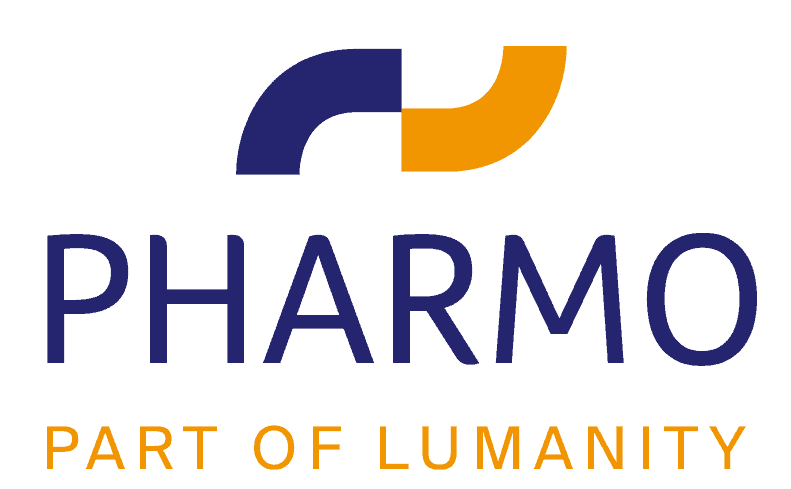Are metformin, statin and aspirin use still associated with overall mortality among colorectal cancer patients with diabetes if adjusted for one another?
BACKGROUND: Metformin, statin and aspirin use seem associated with decreased mortality in cancer patients, though, without adjusting for one another. Independent associations of these drugs with overall mortality after colorectal cancer (CRC) diagnsis within glucose-lowering drugs (GLDs) users were assessed
